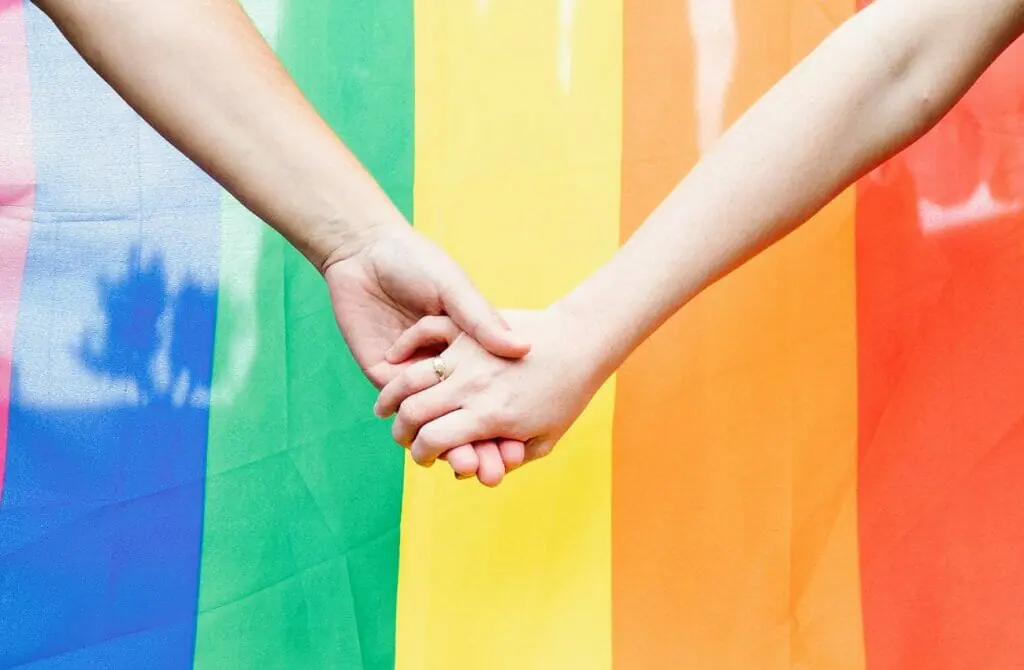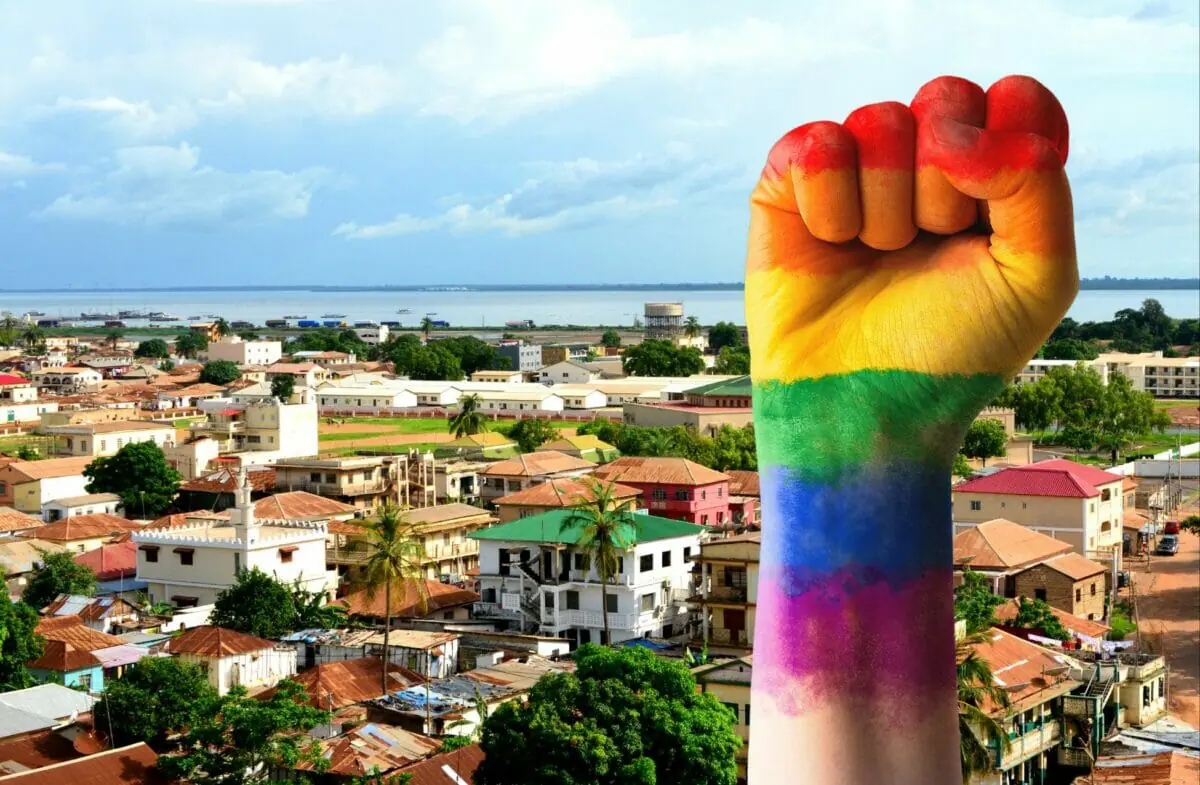LGBT rights in Gambia are a pressing concern for many, as the country presents a challenging environment for lesbian, gay, bisexual, and transgender individuals. Same-sex sexual activity is currently illegal in Gambia, with the consequences ranging from imprisonment to societal discrimination.
This can affect both local citizens and visitors to the country, highlighting the need for travelers to be aware of the legal landscape and potential safety issues surrounding their stay.
Gambia’s legal stance on LGBT rights leaves not only the local community vulnerable but also puts tourists at potential risk. To mitigate these risks, visitors should remain vigilant and stay informed about the current situation, as circumstances can change rapidly. Moreover, it is essential for travelers to seek updated advice before embarking on a trip, as the information may become outdated.
For assistance and support, both locals and tourists can seek help from LGBT advocacy groups. These organizations work tirelessly to promote awareness and fight for equal rights for the LGBT community in Gambia. By connecting with these groups, individuals can stay informed, receive guidance, and contribute to the continued effort to improve the overall situation for LGBT individuals in the country.


History of LGBT Rights In Gambia
During the colonial era, the British imposed the English Criminal Law in the Gambia, and since then, same-sex sexual activity has been criminalized. After gaining independence, the Gambia retained this provision, and the scope of the law and its penalties have only increased over time.
In 2013, the Gambia further restricted the rights of the LGBT community by introducing section 167 of the Criminal Code, which forbids cross-dressing and imposes penalties of up to 5 years in jail or a fine of 50,000 Gambian dalasi. This severely impacted the freedom of gender expression for Gambian citizens and increased the risk for local LGBT individuals as well as tourists.
The political landscape in the Gambia has seen a significant shift with the new government under President Adama Barrow. Although there is no specific information on changes to LGBT rights under his governance, it is crucial for travelers to remain vigilant and informed about the current situation in the country as it can change rapidly.
To stay updated and seek guidance on the protection of LGBT rights, travelers and locals can connect with local and international advocacy groups, such as Human Rights Watch and the Human Dignity Trust, which monitor the human rights climate in the Gambia.
It is essential to exercise caution and be aware of the local laws impacting the LGBT community when traveling to the Gambia. Remember that situations can change, and information may become outdated. Therefore, it is crucial to seek the most current advice before traveling and be mindful of the possible presence of bad actors in every country.
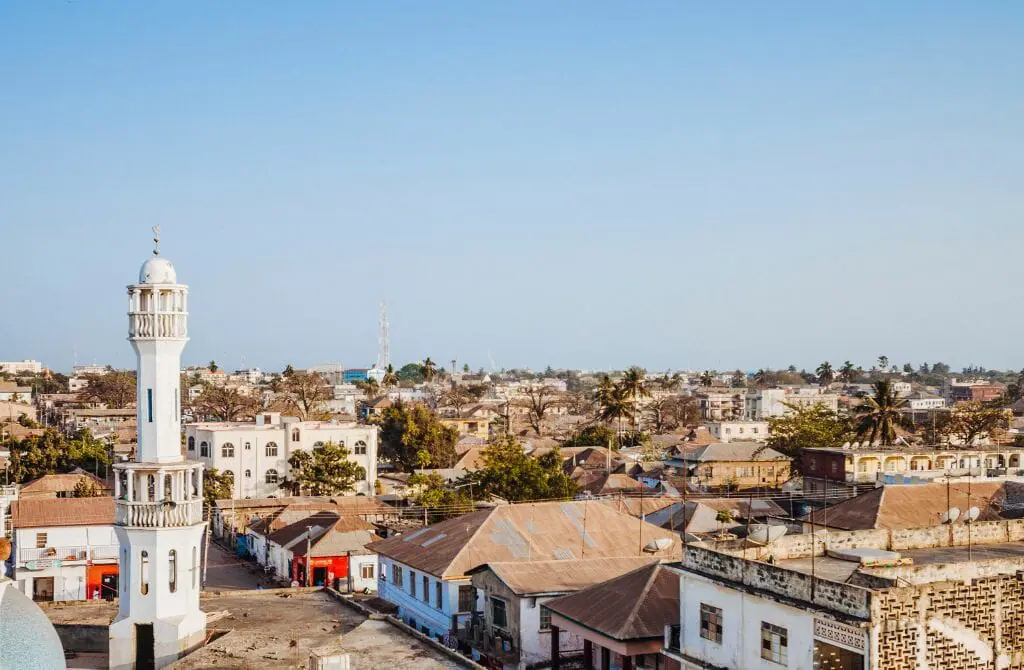
The LGBT Legal Situation In Gambia
The current legal situation for LGBT individuals in Gambia is difficult. Same-sex sexual activity is illegal for both males and females, and it is prohibited under the Criminal Code 1934, which criminalizes acts of ‘carnal knowledge against the order of nature’, ‘gross indecency’, and since 2014, ‘aggravated homosexuality.’
Both men and women are criminalized under this law. The penalties for engaging in same-sex sexual activity can range from life imprisonment to heavy fines, depending on the specific offense.
In 2014, the Gambia Criminal Code (Amendment) Act expanded the definition of unnatural offenses, including ‘aggravated homosexuality,’ as well as increased the penalties for these offenses. This legislation has led to an increased risk of arrest and prosecution for LGBT individuals living in Gambia. Furthermore, the Constitution of Gambia offers no specific protections against discrimination based on sexual orientation or gender identity.
While the current government has taken steps to restore good governance, respect for human rights, and the rule of law for all citizens, the legal framework regarding LGBT rights remains unchanged. This means that LGBT individuals and tourists visiting the country must remain vigilant and informed.
LGBT rights in Gambia are a complex topic as they affect not only the local LGBT population but also tourists visiting the country. It is essential for visitors to understand the current legislation and take necessary precautions when visiting. As the situation may change rapidly, it is crucial to seek up-to-date advice before traveling to Gambia.
Several LGBT advocacy groups work to improve the rights and representation of LGBT individuals in Gambia and the region. These organizations may offer advice and support, being a valuable source of information for LGBT persons living in or visiting the country.
In conclusion, the current legal situation for LGBT rights in Gambia is precarious, with strict criminal codes and penalties in place for same-sex sexual activity and other offenses related to sexual orientation and gender identity. Visitors and residents alike need to remain well-informed and cautious to protect themselves and others.
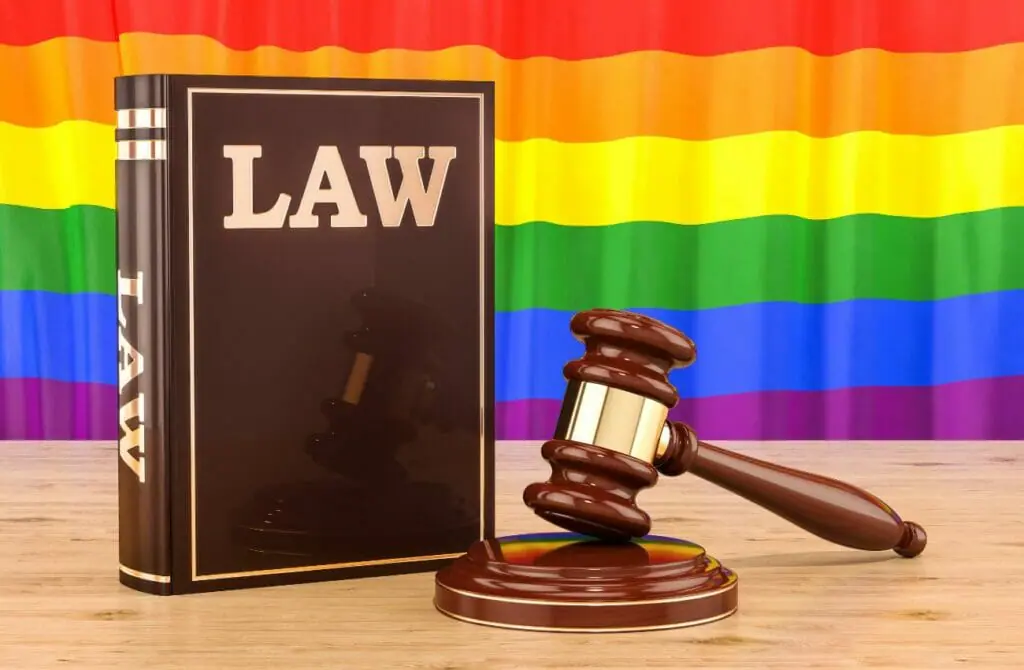

The LGBT Social Situation In Gambia
In Gambia, the social situation for Lesbian, gay, bisexual, and transgender (LGBT) individuals is challenging and often hostile. Discrimination is a prevalent issue, and same-sex sexual activity is illegal for both males and females. There are no protections in place for employment or housing discrimination based on sexual orientation, and changing one’s gender is also illegal.
Under the rule of former President Yahya Jammeh, who was in power from 1994 to 2017, the situation for LGBT individuals was particularly dire. Jammeh’s government frequently committed human rights abuses, and he was known for his anti-gay rhetoric, which contributed to a more hostile environment for the LGBT community. Instances of violence and fear were not uncommon.
Since the election of President Adama Barrow in 2017, there have been some improvements to the general human rights climate. However, the situation for LGBT individuals remains challenging, and it is essential for anyone visiting or residing in the country to remain aware of the social climate and potential risks.
Travelers should stay informed of the current situation by consulting trustworthy sources and connecting with local or international LGBT advocacy groups. While the government of Gambia has not specifically targeted tourists based on their sexual orientation, it is crucial to remember that situations can change rapidly, and information can become outdated. Remaining vigilant and exercising caution are essential for all individuals.
In the face of these challenges, several local and international human rights organizations have been campaigning for better protection and rights for the LGBT community in Gambia. While the current situation can be difficult, these groups’ ongoing work represents a hope for a more inclusive and accepting future in the country.
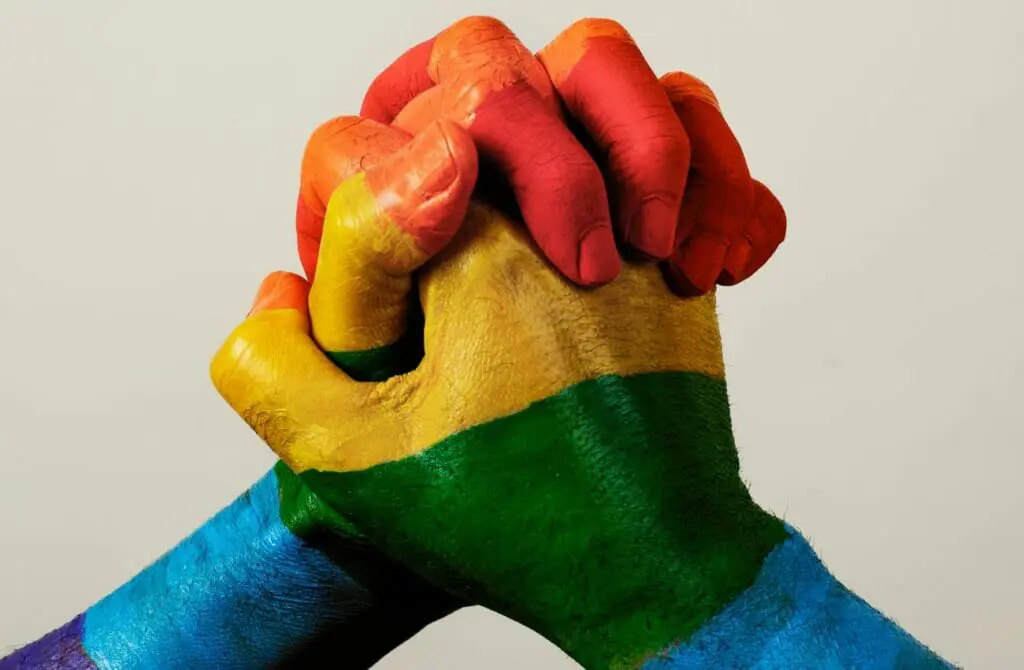
Trans Rights In Gambia
Gender identity and expression in Gambia are met with significant challenges and a lack of legal protections for transgender individuals. Changing one’s gender is considered illegal in the country, and transgender women, along with other transgender people, may face significant discrimination and even violence.
While any discrimination is unacceptable, it is important to make a distinction between the situations faced by local people and tourists. Although tourists might experience fewer difficulties compared to local transgender individuals living under these conditions daily, it’s always crucial to remain vigilant and be aware of your surroundings. Situations can change quickly, and information may become outdated, so it’s essential to seek current advice before traveling.
To ensure safety, travelers should consider reaching out to local LGBT advocacy groups before venturing into the country. These groups can provide valuable information and resources, supporting individuals during their stay in Gambia. Moreover, it is important to err on the side of caution and be mindful of potential risks while respecting the local culture and customs.
It is crucial to mention here that the situation in Gambia is not static, and there is hope for progress in the recognition and protection of transgender rights. However, until significant changes take place, trans individuals must remain cautious and informed while navigating this challenging environment.
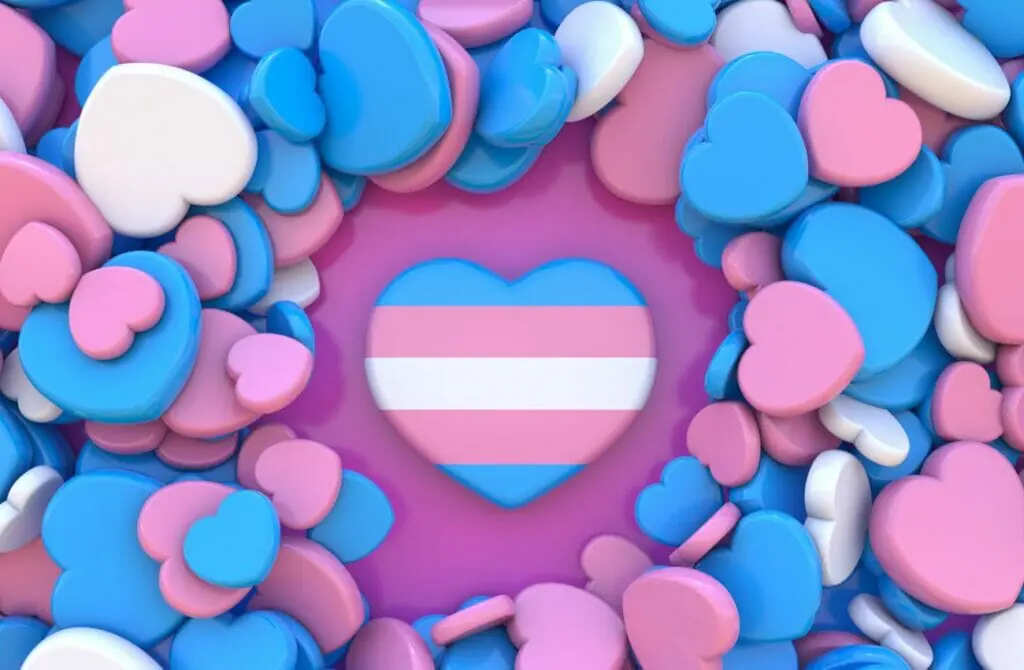

The Future For The Queer Community In Gambia
The future of LGBT rights in Gambia remains uncertain. The Gambian government, led by President Adama Barrow, has shown no signs of repealing or reviewing the criminalizing laws that target the LGBT community. In 2020, a government spokesperson, Ebrima Sankareh, stated that the government has no plans to either decriminalize or even entertain a review of the laws on homosexuality.
Amnesty International and other organizations continue to monitor and report on the situation in Gambia, advocating for the protection and equal rights of the LGBT community. However, as of now, same-sex marriage is not recognized in the country, and it is still a punishable offense for men to dress as women under section 167 of the Criminal Code.
The United States, European Union, and United Nations have expressed concern over the treatment and conditions for the LGBT community in Gambia, but with limited influence on the policies of the Gambian government. The stance towards the LGBT community has remained hostile and discriminatory, leading to an unsafe environment for local LGBT individuals as well as tourists.
Being aware of the existing legal and societal conditions in Gambia, both local people and visitors should exercise caution and vigilance when discussing or engaging in any LGBT-related activities. As situations can change quickly and information can become outdated, it is essential to seek advice from trusted sources, such as advocacy groups and international organizations focused on human rights and LGBT issues, before traveling.
It is important to remain professional and authoritative when discussing LGBT rights and their implications on the lives of local people and tourists. Working together with international organizations and advocates, they can help push for the changes needed to improve the future of LGBT rights in Gambia.
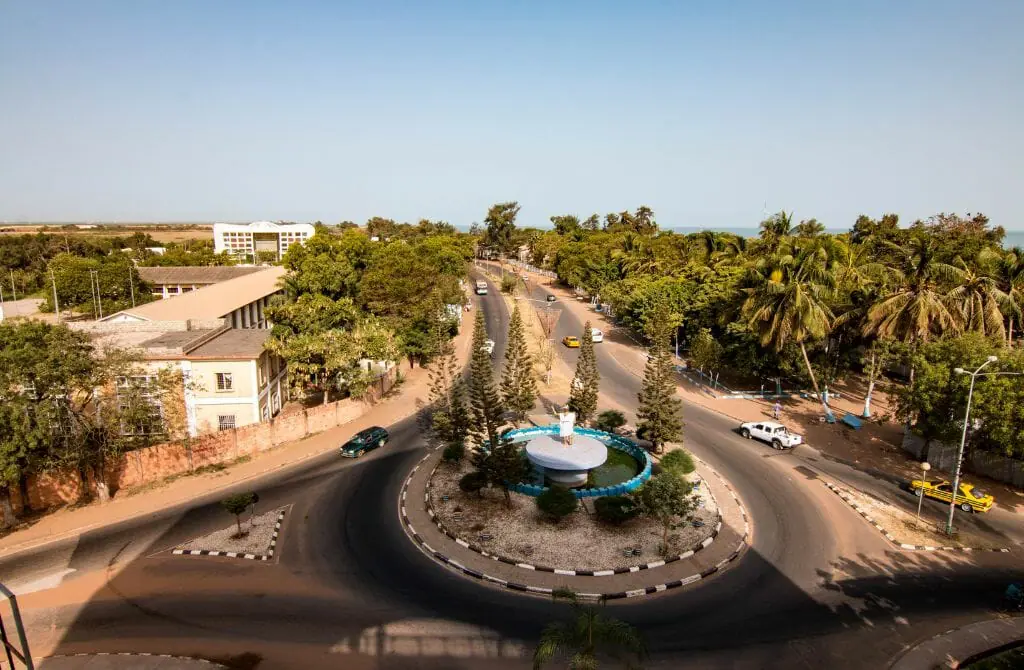
Protect Yourself While Travelling In Gay Gambia
In Gambia, LGBT rights continue to face challenges, and this situation can have differing effects on local people and tourists. While the new government has made some strides in human rights, it is essential for both locals and visitors to take measures to protect themselves from potential risks.
The National Intelligence Agency (NIA) has been involved in incidents of arbitrary arrests and detentions, particularly targeting the LGBT community. Enforced disappearances, extrajudicial violence, abuse, and even cases of rape have been reported. In light of this, it is crucial for individuals to remain vigilant and cautious about their surroundings and interactions with others.
For tourists visiting Gambia, seeking up-to-date advice before traveling is important, as situations can change rapidly. While locals might have a better understanding of the current climate, it is still advisable for everyone to stay informed through reliable sources and LGBT advocacy groups, such as Human Rights Watch.
It’s crucial for individuals to have a support system in place by connecting with others who are knowledgeable about the current state of LGBT rights and related issues in Gambia. Engaging with local and international human rights organizations can provide guidance, networking opportunities, and resources to help protect yourself.
A few practical steps that could be taken to assure safety include:
- Avoiding public displays of affection or openly discussing one’s sexual orientation
- Staying aware of the local laws and cultural norms
- Maintaining a low profile and not drawing unnecessary attention to oneself
- Keeping emergency contact information readily available in case of any situation that might arise
Remember, each country has its fair share of bad actors, so it is essential to always remain aware and vigilant. Although progress is being made, the protection of LGBT rights in Gambia is an ongoing issue, and proactive steps can help to ensure safety and security.
